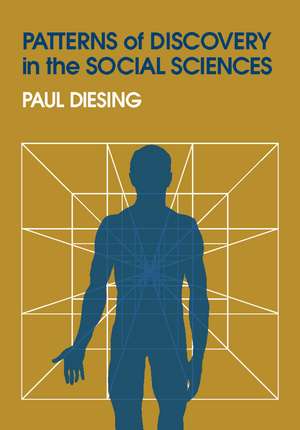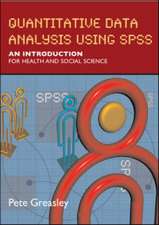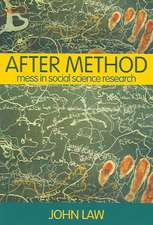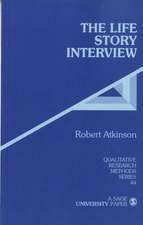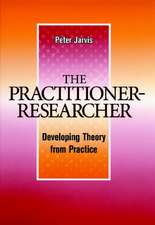Patterns of Discovery in the Social Sciences
Autor Paul Diesingen Limba Engleză Paperback – 30 iun 2008
Preț: 483.77 lei
Nou
Puncte Express: 726
Preț estimativ în valută:
92.58€ • 96.11$ • 77.20£
92.58€ • 96.11$ • 77.20£
Carte tipărită la comandă
Livrare economică 22 martie-05 aprilie
Preluare comenzi: 021 569.72.76
Specificații
ISBN-13: 9780202361840
ISBN-10: 0202361845
Pagini: 364
Dimensiuni: 178 x 254 x 24 mm
Greutate: 0.79 kg
Ediția:1
Editura: Taylor & Francis
Colecția Routledge
Locul publicării:Oxford, United Kingdom
ISBN-10: 0202361845
Pagini: 364
Dimensiuni: 178 x 254 x 24 mm
Greutate: 0.79 kg
Ediția:1
Editura: Taylor & Francis
Colecția Routledge
Locul publicării:Oxford, United Kingdom
Cuprins
1: Introduction; I: Formal Methods and Theories; 2: General Characteristics of Formal Theories; 3: The Development of a Formal Theory; 4: Experimental Work with Mathematical Models; 5: The Analysis and Verification of Computer Models; 6: Types of Formal Theories; 7: Uses of Models; 8: Formalization; 9: The Implicit Ontology of Formalists; II: Participant–Observer and Clinical Methods; 10: The Holist Standpoint; 11: Main Steps of a Case Study; 12: Holistic Uses of Statistics; 13: Comparative Methods and the Development of Theory; 14: Typologies : Real and Ideal Types; 15: Some Characteristics of Holist Theories; 16: The Use and Verification of General Theory; 17: Structural–Functional Theories; 18: The Practical Use of Case Studies; 19: Weaknesses and Problems of Case Study Methods; 20: The Implicit Ontology of Case Study Methods; III: Methods in the Philosophy of Science; 21: The Participant–Observer Method; 22: The Method of Rational Reconstruction; 23: The Typological Method; 24: The Method of Conceptual Analysis; 25: Science, Philosophy, and Astrology
Descriere
Social scientists are often vexed because their work does not satisfy the criteria of "scientific" methodology developed by philosophers of science and logicians who use the natural sciences as their model. This study defines science in terms of norms implicit in what social scientists actually do in their everyday work.
